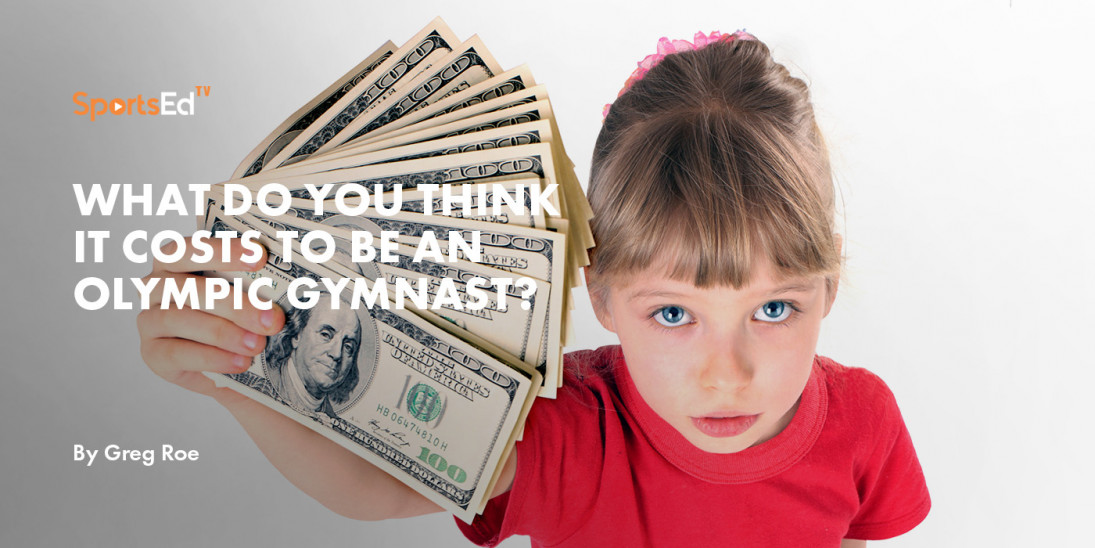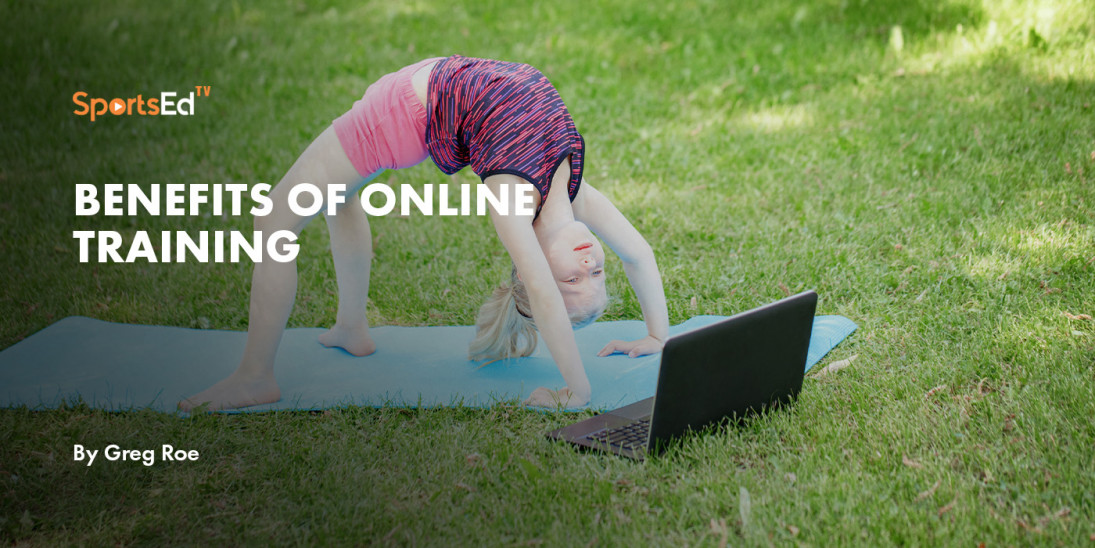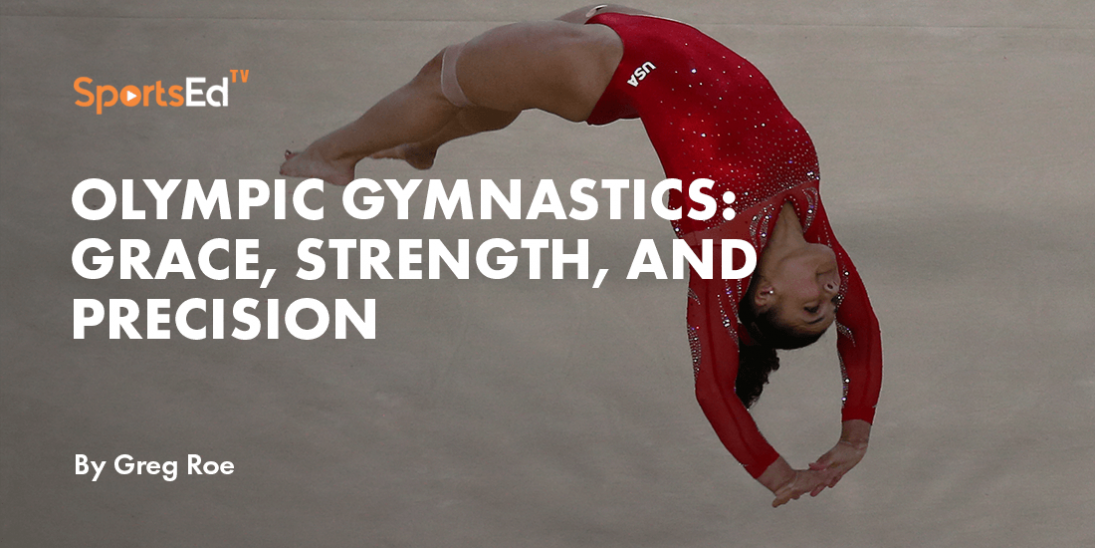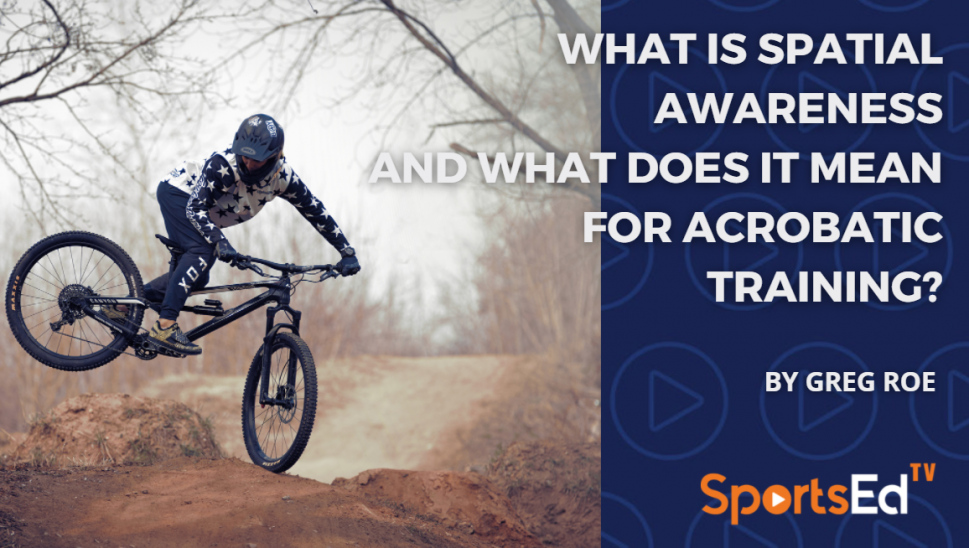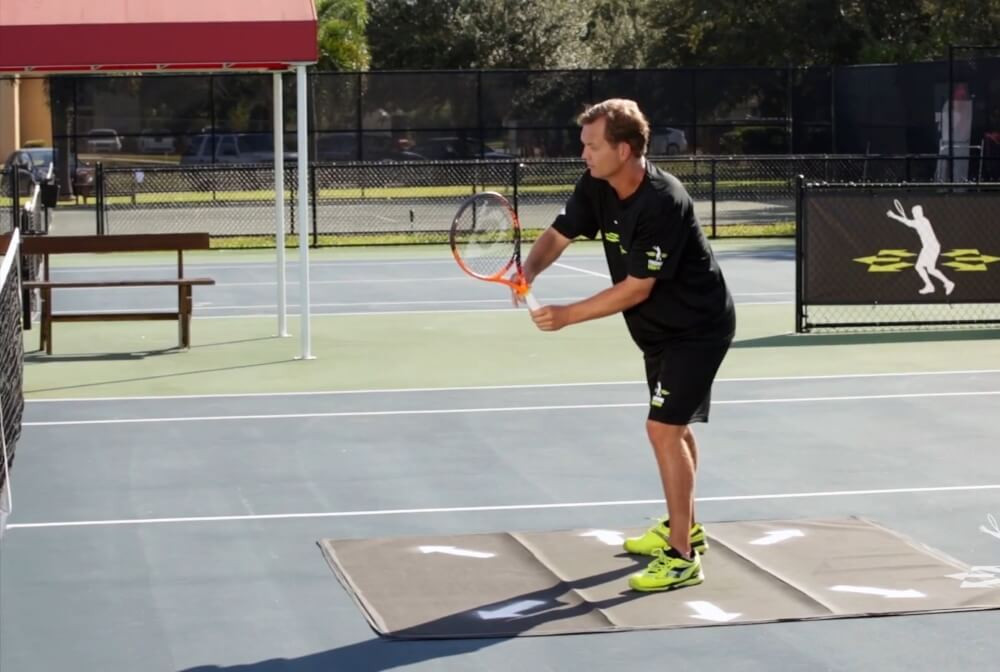Mental Health
Welcome and thanks for visiting...

Get Things in Order for Great Trampoline Gymnastics Skills
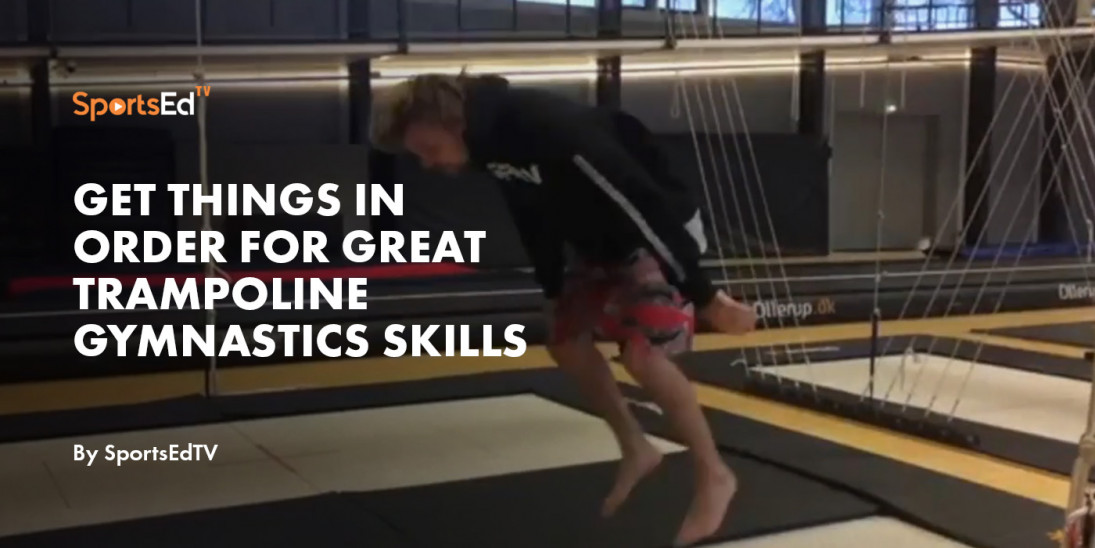
Gymnastics is known to be a very mathematical and analytical sport. This comes with pros and cons. One major con is that kids don’t really understand what acrobatics is all about from a mathematical perspective, but the pros are that very dedicated coaches can analyze the theoretically ‘perfect’ biomechanical technique.
For the purposes of education however, mathematics is probably the worst thing to cram into a young developing mind. Remember, humans learn to move in the womb and then simply keep building from that base for their entire lives. Movement is intuitive to most people and math never plays a factor in our decision making. When was the last time you stopped before crossing the street and asked which Forces were acting on your body? Probably never, unless you are a biomechanics geek :)
So as a coach, I always keep the math principals separate and never pull-out equations, unless I am doing it to alter human behavior in the gym in some way (I talk about Game Theory in other articles). If that is the case, I only use it in a BF Skinner sort of way and never because I actually think a young athlete will understand forces and angles. Real learning is a lot more subconscious than people realize but math can still help look at learning from a different perspective.
Here is an example: Gimbal Lock. Gimbal Lock is a mathematical concept used in aviation, machine learning, and a million other very technical industries that do not directly correlate to biology or learning.
Gimbal Lock is the technical mathematical term for developing your rotations in the wrong “Order of Operations.” For those of you who have seen me coach or watched our videos know that we always say that every skill has an order of operations. This means that if you try to twist before you flip or do a position before you flip or twist you will struggle to do the skill no matter what. Your body is a rotating object and unless you apply the forces in the right ‘order of operations’ you will get Gimbal Lock in the air.
See here for an example this video:
As you can see if I do the position first before I create rotation, I automatically 'lock' myself into a pathway of rotation that is limiting my range of motion in the air. To be specific, Gimbal Lock in acrobatics, is the failure of the athlete to properly throw the flip and twist rotation on the take-off BEFORE they hit the position.
In our trainings we always say "FLIP Then Twist… Then Position." Of course, this is NOT a universal rule for every skill and each rotation will have a different "Order of Operations.” Generally, though, "Flip and then Twist" works as a rule of thumb that all athletes can understand no matter their native language or age.
Remember, math is analyzed with equations in the Neocortex, the front of your brain, and that only starts going online in a human at about 7 years old. Your brain is not fully online until your mid 20's so that means that anyone under the age of 16-18 will most likely NOT be able to fully grasp mathematical concepts. Coaches, parents, and educators make the consistent mistake of believing younger athletes when they ask them if they understand the math concepts. The athlete says “yes;" of course because they are trained to do that to keep the coach happy.
It's not really a lie (depends on your definition), but every time they show a coach, they did not understand a concept, the coach will usually get frustrated and unknowingly express this frustration through body language and even verbal sighs and other cues that young athletes are much better at picking up on than many adults think. That is because the athlete is still operating on more subconscious circuits in the brain as the Neocortex is still figuring things out.
So, before the teenage years they are literally nodding along knowing its best to just agree with the coach by saying they 'understand' so the coach does not get frustrated at them and so the lesson can continue (hopefully to something more fun).
For this reason, I never use the words Gimbal Lock in training, unless I am talking to an athlete or coach that I know can appreciate this analogy in a way that they can understand. But, since gimbals are commonly used in filming, many of the young athletes or Influencers today already understand the issue. Again, the reason we want to create analogies that subconsciously are more intuitive to an athlete is because they already have that intuitive knowledge in their brains, so you are starting at the point that they already know. That’s a much easier starting point for an athlete and makes the coach's life much easier as well.
No need to get into Euler angles, which is the analytical concept underlying Gimbal Lock. Just make a fun analogy if you can and a simple statement like "Flip Then Twist" and you will get much better results. Then, go talk to your coaching buddies about Euler's equations and frames of reference, but leave it outside of coaching. It just makes things harder for everyone! #GRTcertified
References:
1) Euler Angles

